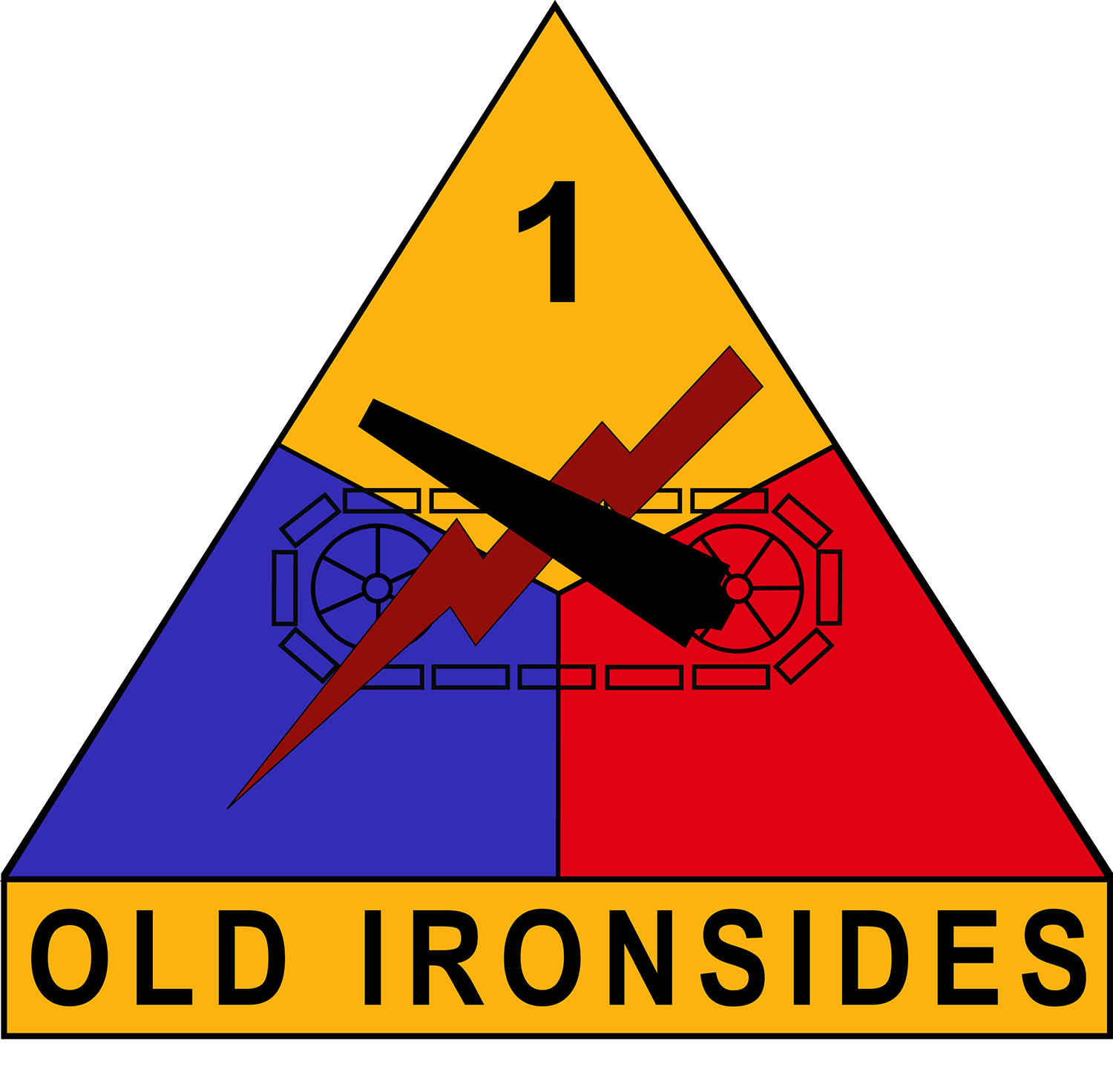
Lease Termination for Service Members
By Capt. Cory Redditt, Fort Bliss Legal Assistance Office
Auto Leases
An underdiscussed protection under the Servicemembers Civil Relief Act is that service members are eligible to use the SCRA to terminate auto leases if they are an Active-duty service member who receives Permanent Change of Station orders from a location inside the continental United States to a location outside of the continental United States, a PCS from a location OCONUS to any new location, or go on a deployment for 180 days or longer. Additionally, Reservists or National Guard members who are called to active duty for 180 days or longer are also eligible to terminate auto leases under the SCRA. To use the SCRA to terminate their auto lease, a service member must provide written notice of termination and either a copy of their orders, or a letter from their commanding officer.
Residential Leases
Active-duty service members with PCS or deployment orders may also use the SCRA to terminate residential leases, so long as those orders are for greater than 90 days. Similarly, National Guard members or Reservists who are called to active duty may use the SCRA for the same purpose, assuming they meet the same 90-day minimum requirement. A common misconception that occurs is that PCS orders do not include Expiration Term of Service orders, when in fact ETS orders are defined as a type of PCS orders. A service member who has ETS orders has the same rights as a service member with PCS orders to terminate their lease under the SCRA.
To terminate a residential lease using the SCRA, a service member must provide written notice and either a copy of their orders or a letter from their command confirming that orders are forthcoming. Since orders might not materialize until shortly before their PCS date, the ability to use a memo or letter from their command can be especially helpful to the service member. Additionally, under the SCRA, the service member is required to pay an additional 30 days rent after the next due date of rent from the time that they give notice. The SCRA does not explicitly state that both written notice and a copy of the orders are required to start the clock, but this is how it is commonly interpreted. This requirement is often misunderstood by service members. Some common mistakes that service members make in this regard are:
1) Not giving clear notice of intent to terminate the lease; the service member should make it clear that they intend to terminate the lease and give a specific date. The service member can always revoke their notice to terminate or adjust or push the date further out, but they can never speed up the process.
2) Not recognizing that they are required to pay an additional 30 days from the next due date of rent; For instance, if rent is due the first of every month and the service member gives notice on the second of January, the service member must pay the entire month of February as well, but if they had given notice by December 31st then they would only have to pay for the month of January. Looking at this example, one can see the difference between giving notice by a day or two could cost the service member an additional month’s rent.
State Law
Although state laws will vary by jurisdiction, Texas has adopted its own protections similar to the SCRA. The Texas law differs on several fronts and is distinct from the SCRA in that the only thing required to start the clock by putting the lessor of a residential lease on notice is written notice. In recognition of the lack of clarity regarding the SCRA and whether notice and orders must be produced at the same time to initiate the clock, Texas has explicitly stated that proof of orders, while still required, are not required to be delivered to the lessor at the same time as notice. The orders, or a memo from the command, can be given at any point after notice is given.
Damages
If a lessor violates the SCRA provisions, the service member can pursue a civil cause of action for damages, and a court may order the lessor to pay costs and attorney’s fees related to the suit. Additionally, violations of the SCRA may be punished by civil fines, imprisonment, or both. Damages authorized by state law also differ from those authorized by the SCRA. The Texas Property Code provides that a landlord who violates the protections outlined in this article is subject to actual damages incurred by the tenant, a civil penalty equal to one month’s rent plus $500, and attorney’s fees.
Waiver
Service members should also keep in mind that it is possible to waive their rights under the SCRA. In order to make an informed decision about how and if they are able to terminate their lease under the SCRA, they will need to read their lease and make sure that they have not signed a waiver of their rights or agreed to terms that add additional notice requirements.
Attorneys at the Fort Bliss Legal Assistance Office can review leases and answer further questions on this or other topics. To schedule an appointment to speak with an attorney, contact the LAO by either calling (915) 568-7141 during office hours or emailing usarmy.bliss.hqda-otjag.mesg.bliss-legal-assistance-office@mail.mil anytime.




